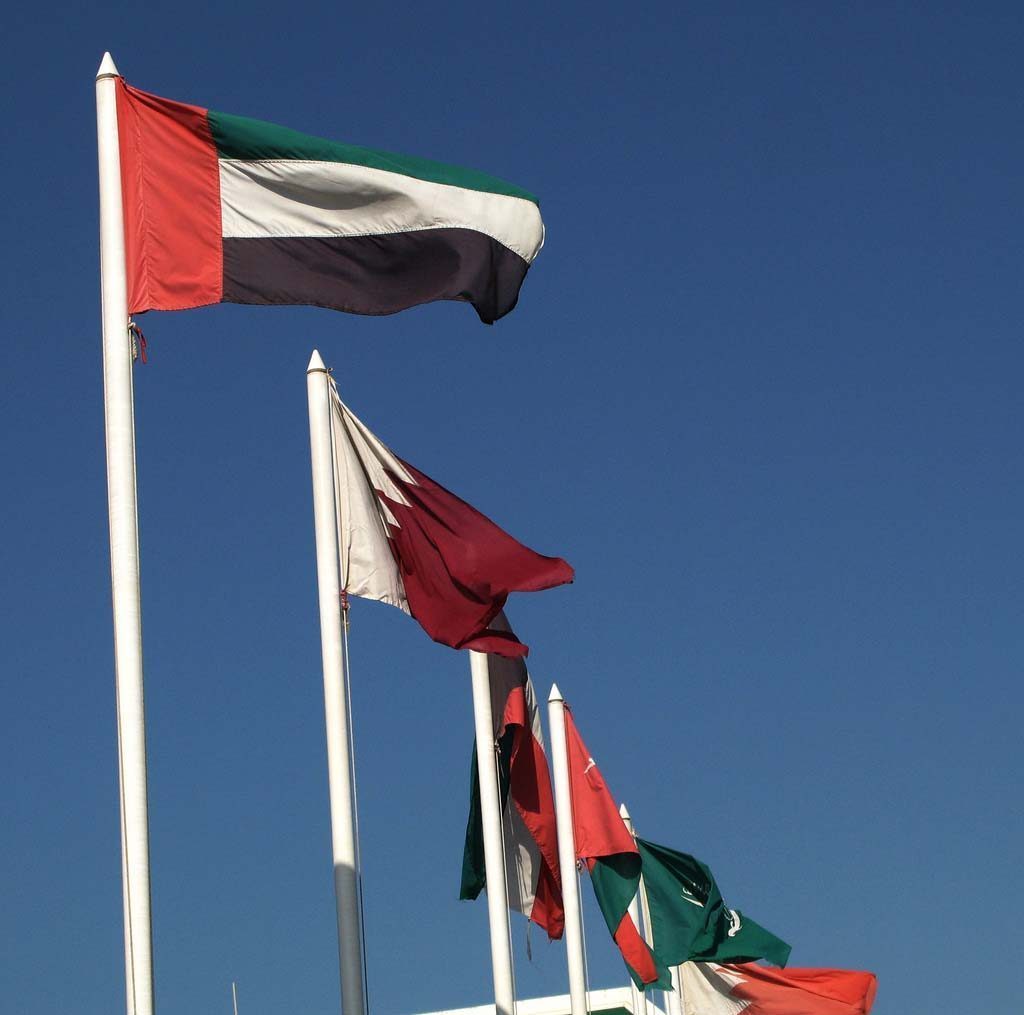A comeback of trade relations between Qatar and former blockading countries is expected, an expert told Doha News.
Qatar Chamber has urged a revival of intra-Arab trade, which according to chairman Sheikh Khalifa bin Jassim al-Thani, represents only 10% of the total Arab trade.
The QC chairman said despite the “tremendous facilities” and “complete customs exemptions” provided by the Greater Arab Free Trade Area (GAFTA) that have been available for two decades now, “intra-Arab trade still requires solutions to return back on track.”
The comments were made in the latest edition of Al Moltaqa economic magazine issued by QC, where Sheikh Khalifa focused on the importance of enhancing intra-Arab trade and mutual investments.
“If you look at Qatar’s trade balance it is mainly international, because Qatar has truly globalised the approach to how it sells its main export commodity, which is LNG,” said Steven Wright, an expert on the political economy of the Arab Gulf states, energy geopolitics, and US foreign policy towards the Gulf region.
“Its biggest trading partners are all in South Asia: Japan, South Korea, India, China, followed by the UK and Italy,” he stated.
On the regional level, “there’s been a change that has taken place since the 2017 blockade began. So the trade with Saudi Arabia, Bahrain, and the UAE as for Qatar importing from their market, went down to virtually zero.”
On the other hand, Wright pointed out that trade flows between Qatar and Kuwait rose from 2017 to 2018 and 2019.
“Likewise in Oman as well, if you look at how Qatar’s trade flows have gone with Oman, they rose during the height of the blockade, but now, at least in 2020, they’re lower than what they were in 2017.”
Speaking to Doha News, the expert said it would be great for the Gulf state to strengthen trade relations with regional members, as it enhances economic cooperation.
“It also helps the development of all of the countries and the key need to provide jobs for a very young population, which is a common economic challenge across the region,” he pointed out.
Read also: Qatar’s economy expected to grow 3% in 2021: World Bank
However, the challenge remains, as “the trade of Qatar’s main exporter, which is LNG petrochemicals, is highly globalised.”
During the 2017 Gulf crisis, Turkey stood by Qatar and was a main provider of goods in substitution of Saudi and Emirati products that were cut from Qatari markets immediately after Saudi Arabia, the United Arab Emirates, Bahrain and Egypt severed trade and diplomatic ties with Doha.
The quartet imposed an illegal air, land and sea blockade on Qatar over charges it supports terrorism. Qatar has constantly denied those allegations.
The dispute ended in January of this year with the signing of the Al Ula Declaration in the neighbouring Saudi kingdom.
“On paper, the UAE is importing Qatari products and has been doing that throughout the blockade, and Qatar has been supplying gas to the UAE in a stable way, despite the political differences,” Wright said, noting that “gas exports were never affected by politics or insecurity.”
On the other hand, “with Saudi Arabia and Bahrain, of course, they stopped importing Qatari products and vice versa.”
However, the intra-Arab trade relations are expected to gradually recover, “it will be progressive because the Al Ula accord only took place in January. So my expectation is that they will gradually recover, but it will take time.”
For the time being, Qatar’s trade remains “globalised rather than regionalised,” he added.
“The region is importing LNG from outside the region, I mean even the United States is supplying LNG towards some countries in the region and they can’t necessarily just be dependent on energy.
Read also: Qatar’s DR Food Factory begins exporting to former blockading GCC states
“The question is what will the nature of that trade be and how can the cooperation be enhanced further? I think that’s kind of the key challenge,” he said.
In June, the Board of Union of Arab Chambers held its 131st session with the participation of union heads and heads of Arab chambers of commerce and industry.
Sheikh Khalifa praised the meetings for tackling the issue of intra-Arab trade and the need to support such a move.
He stressed that the General Union of Chambers of Commerce, Industry and Agriculture for Arab Countries cooperates with its members to strengthen intra-Arab trade and support GAFTA to achieve a joint Arab market.
“Arab countries are urging the enhancement of joint Arab investments by identifying the business opportunities in each country, facilitating the exchange of investments, establishing joint investments, and pursuing Arab economic integration,” Sheikh Khalifa said.
However, Arab businessmen still appear to lack interest in investing in Arab countries, and governments of these nations fall short of enacting legislation to facilitate the import process of Arab products.
Arab consumers lack interest in purchasing local products, he noted.
“By achieving the above, intra-Arab trade will meet Arab countries’ aspirations for economic integration, which transform them into an Arab economic bloc,” Sheikh Khalifa emphasised.







